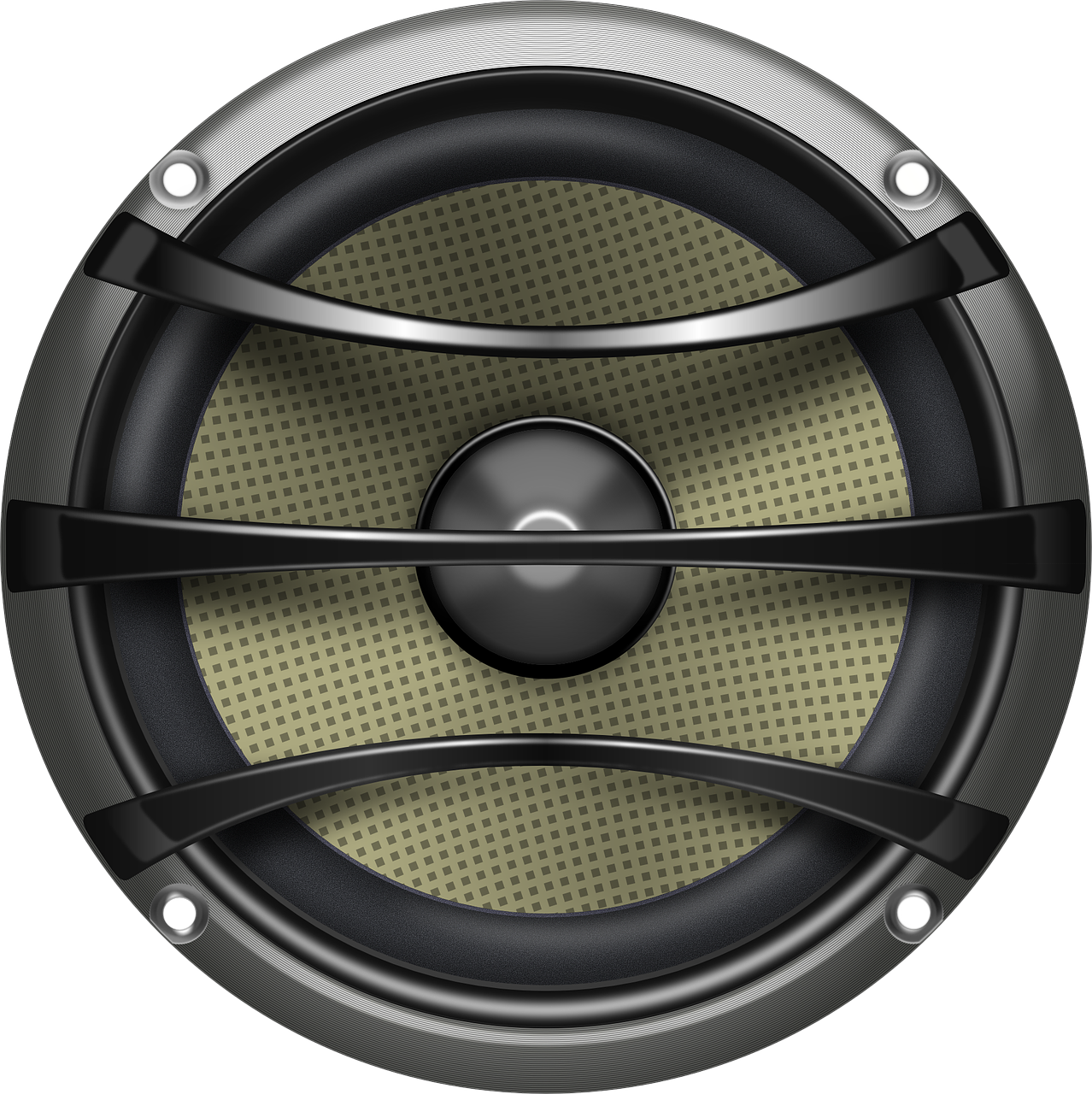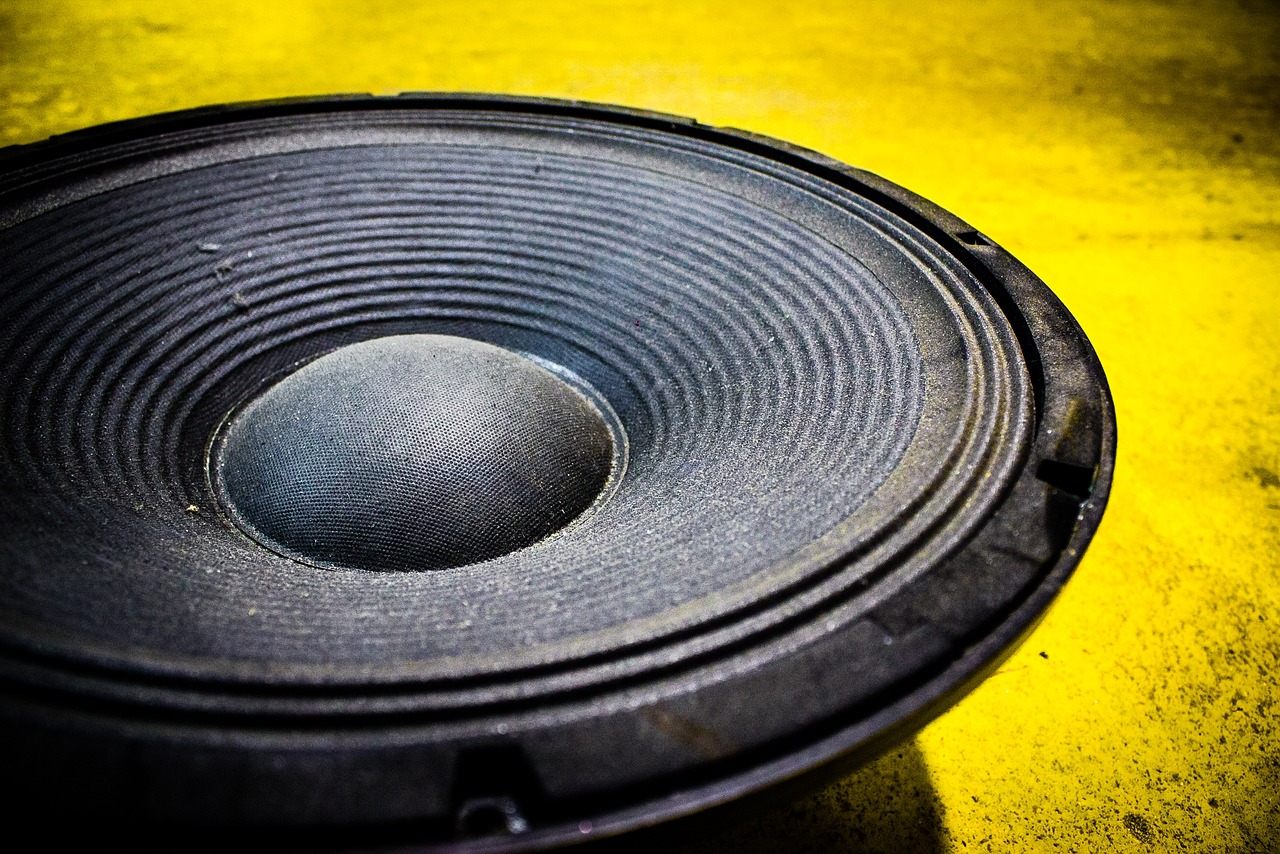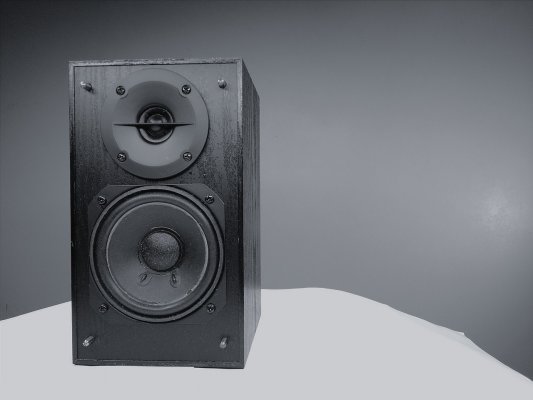There are many options out there when it comes to buying speakers for this or that event. The most important thing to remember is that good quality speakers make all the difference in audience experience and speaker performance. If you're considering getting some new low-cost speakers you found on sale, don't! You might save money upfront, but these cheap speakers will have a much shorter lifespan - you'll be left replacing them every few months at a time.

When it comes to speakers, there are a lot of factors that go into determining whether or not they are good quality. Here are a few things to keep in mind when you're speaker shopping:
Sound quality is obviously important. You want your speakers to reproduce sound accurately, without distortion.
Look for speakers with a wide frequency response. This means they will be able to reproduce low frequencies (bass) as well as high frequencies (treble) without issue.
Pay attention to the sensitivity rating. This tells you how much power the speaker needs in order to produce sound at a certain volume level. A higher sensitivity rating is better, as it means the speaker doesn't need as much power to get loud.
The impedance rating is also important. This tells you how much electrical resistance the speaker has. A lower impedance rating is better, as it means the speaker will be easier for your amplifier to drive. For example, an 8-ohm impedance is considered low, while a 16-ohm impedance is considered high. Plus, lower-impedance speakers are typically more efficient, meaning they will produce more volume per watt of power.
- Clear sound: A good quality speaker should produce clear sound without any distortion. If you hear crackling or static coming from the speaker, that's a sign that it's not of good quality.
- Good frequency response: A good quality speaker should be able to reproduce all frequencies evenly, from low bass tones to high treble tones. If you notice that certain frequencies are missing or sound muted, that's an indication that the speaker isn't of good quality.
- Robust construction: A well-made speaker should feel solid and sturdy, with no rattles or loose parts. The enclosure should be made of durable materials that won't break easily.
- Good warranty: A good quality speaker should come with a solid warranty from the manufacturer. This shows that the company stands behind their product and is confident in its longevity.
Keep in mind that these are just general guidelines. There are many factors that affect speaker quality, so it's always best to listen to a speaker before you buy it to see if it meets your needs and expectations. Plus, even the best quality speakers will sound different in different environments, so it's important to try them out in your own space before making a final decision.
When you're looking to buy speakers, there are a few key factors you should keep in mind in order to ensure you're getting a good quality product. First, consider the size of the speaker. Larger speakers will typically produce a more powerful sound, so if you're looking for something with a big sound, you'll want to go with a larger option. However, keep in mind that these can also be more expensive and take up more space.
Next, think about the type of speaker you want. There are two main types: wired and wireless. Wired speakers are usually less expensive but require that you have an audio input source nearby, such as a stereo receiver. Wireless options are great if you want the freedom to move the speakers around or if you don't have an easy way to connect them to an audio source. Keep in mind that some wireless speakers will require batteries or an AC adapter, so be sure to check those requirements before making your purchase.
Finally, take into account what kind of features you're looking for in your speakers. Some things to consider include Bluetooth connectivity, NFC pairing, water resistance, and built-in amplifiers. By taking all of these factors into consideration, you'll be able to find the perfect pair of speakers for your needs and budget.
When you're shopping for speakers, it's important to keep in mind that not all speakers are created equal. There are a few things you should look for when you're trying to find the best speakers for your needs.
First, you'll want to pay attention to the speaker's frequency response. This is the range of frequencies that the speaker can reproduce. A good rule of thumb is to look for a frequency response of 20Hz-20kHz. This will ensure that you're getting a full range of sound from your speaker.
Next, you'll want to take a look at the speaker's sensitivity. This is a measure of how much power the speaker needs in order to produce sound. The higher the sensitivity, the less power the speaker will need. Look for a sensitivity rating of 85dB or higher.
Finally, you'll want to make sure that the speaker has enough watts for your needs. Watts measure how much power the speaker can handle. If you plan on using your speakers at high volumes, you'll need more watts than if you're just using them for background music. Most home theater systems require between 50 and 200 watts per channel.

Keep these factors in mind when you're shopping for speakers and you'll be sure to find a great pair that meets your needs!





